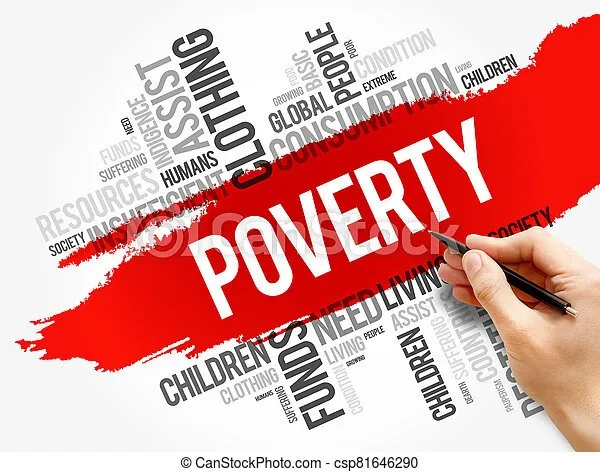
One action that first-world countries like to do is help. It makes them look like a stable country, it allows them to feel good because they believe they are making another person’s life better, but if the wealthy countries are giving so much aid to other countries, why are they still poor and considered in poverty? The simple answer is that help is meant to be temporary and this constant aid is actually making these countries poorer. Aid from the United States to Haiti from the 2010 earthquake did make a difference like it was intended when they truly needed help. As time went on the aid kept on coming, which resulted in competition between Haitian markets and all of the free items from the United States. The best example was rice and solar panels. Rice was considered almost a luxury item before the aid because it was from Haiti and grown there in their own markets. Once the free rice kept coming even after the people recovered from the earthquake, the Haitians were no longer making a profit because why buy their rice when the imported rice was cheaper or even free. The same concept applies to solar panels. Why would Haitians pay for solar panels when there are companies doing it for free even after there is no emergency for power. Many would ask why the United States and other well-off countries and companies keep giving free items and supplies to these countries. The reasons vary and may even have good intentions, but the truth is helping the poor is a good look for any country or company and they gain support from that even if it is not truly helping people. Another country that is greatly affected by humanitarian aid and charities in Africa. There is this perception in America that Africa and its people are extremely poor and uneducated because lack of resources that charities try to produce. When in reality they are struggling to keep their jobs because so much aid is coming no one is willing to buy African-produced products. Cotton is one commodity that is not being produced as much. Their clothes are now coming from European countries and the UNtied States as a second hand, but they used to have shirts with the label “Kenya Cotton” or similar labels. All of this support is creating a dependent generation of people. They are becoming dependent on all of the items imported when they could get jobs and produce them themselves, but the jobs are not there because of the imported items. What people fail to realize is that the constant aid for counties is not going to get them out of poverty. What will is a boost in the county’s economy by allowing them to produce for themselves and not become reliant on aid from other counties and companies.